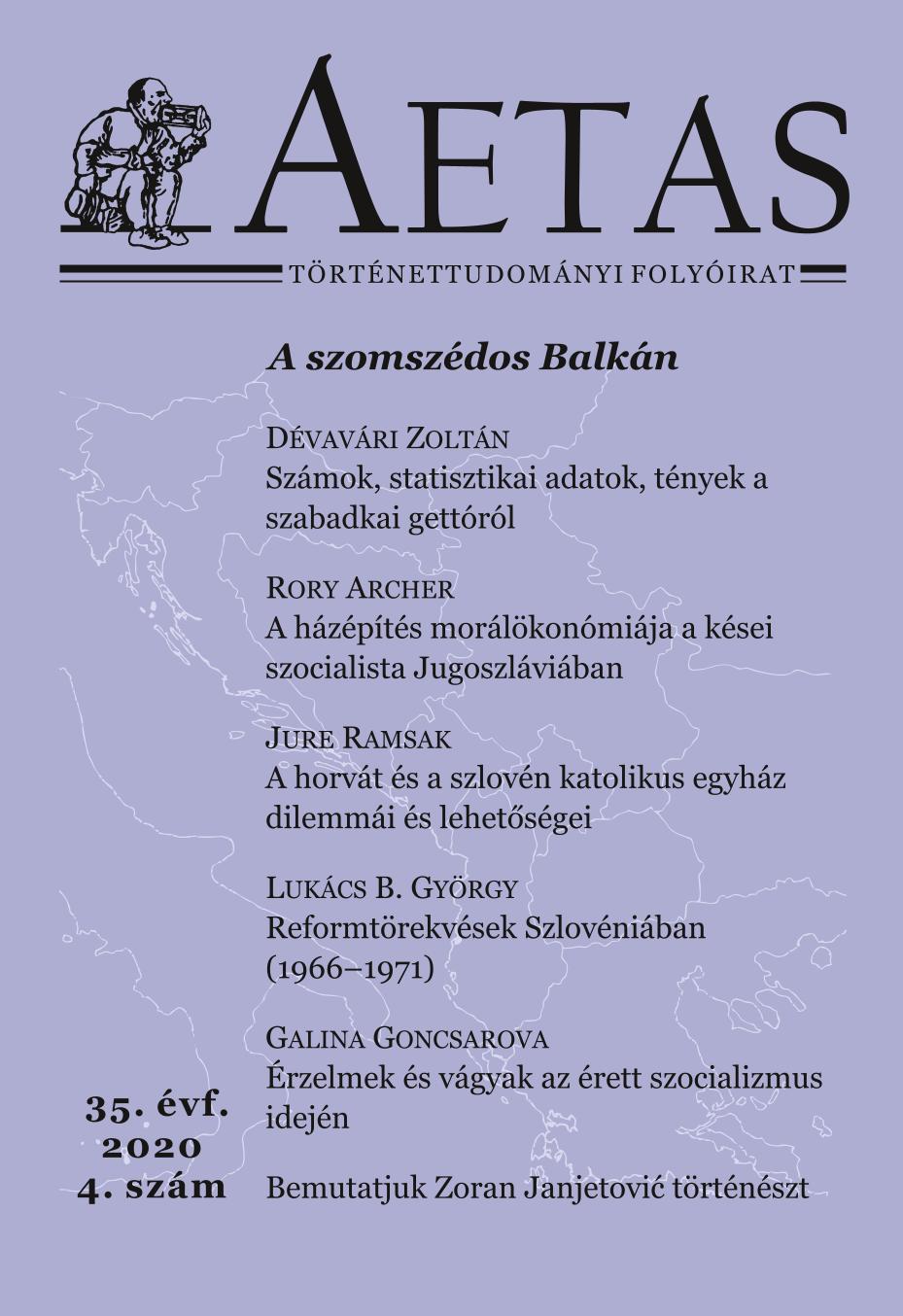Reformtörekvések Szlovéniában (1966–1971)
Reform Efforts in Slovenia (1966–1971)
Author(s): György Lukács B.Subject(s): Post-War period (1950 - 1989)
Published by: AETAS Könyv- és Lapkiadó Egyesület
Summary/Abstract: The reform period of Yugoslavia beginning in the second half of the 1960s has a special place in the 20th century history of the Slovenian nation, bringing about significant economic, and later political, and social changes. The members of the pro-reform Slovenian communist leadership defended the interest of the most economically developed constituent republic and became the proponents of decentralization, and the opponents of the centralists, who were vary of the social and political effects of these processes. It was Stane Kavčič, the leader of the Slovenian reform communists later labelled as “liberals”, who first took a stance in opposition to the federal government in Yugoslavia. The delay in the approval of the international loan requested for the development of the road network integral to the country’s economic development plan and the disregard for Slovenian economic interest caused widespread dissatisfaction in Slovenia. This was the first time a larger coalition was formed against a decision of the federal government in Yugoslavia. However, after the so-called Road Scandal the Slovenian reform communists lost their positions on both local and federal levels, as President Tito removed the pro-reform leadership, just as he did in the other constituent republics. Still, with the changes in the rules of foreign exchange and the adoption of the Federal Constitution of 1974, their demands were partially met.
Journal: AETAS - Történettudományi folyóirat
- Issue Year: 2020
- Issue No: 4
- Page Range: 58-69
- Page Count: 12
- Language: Hungarian

